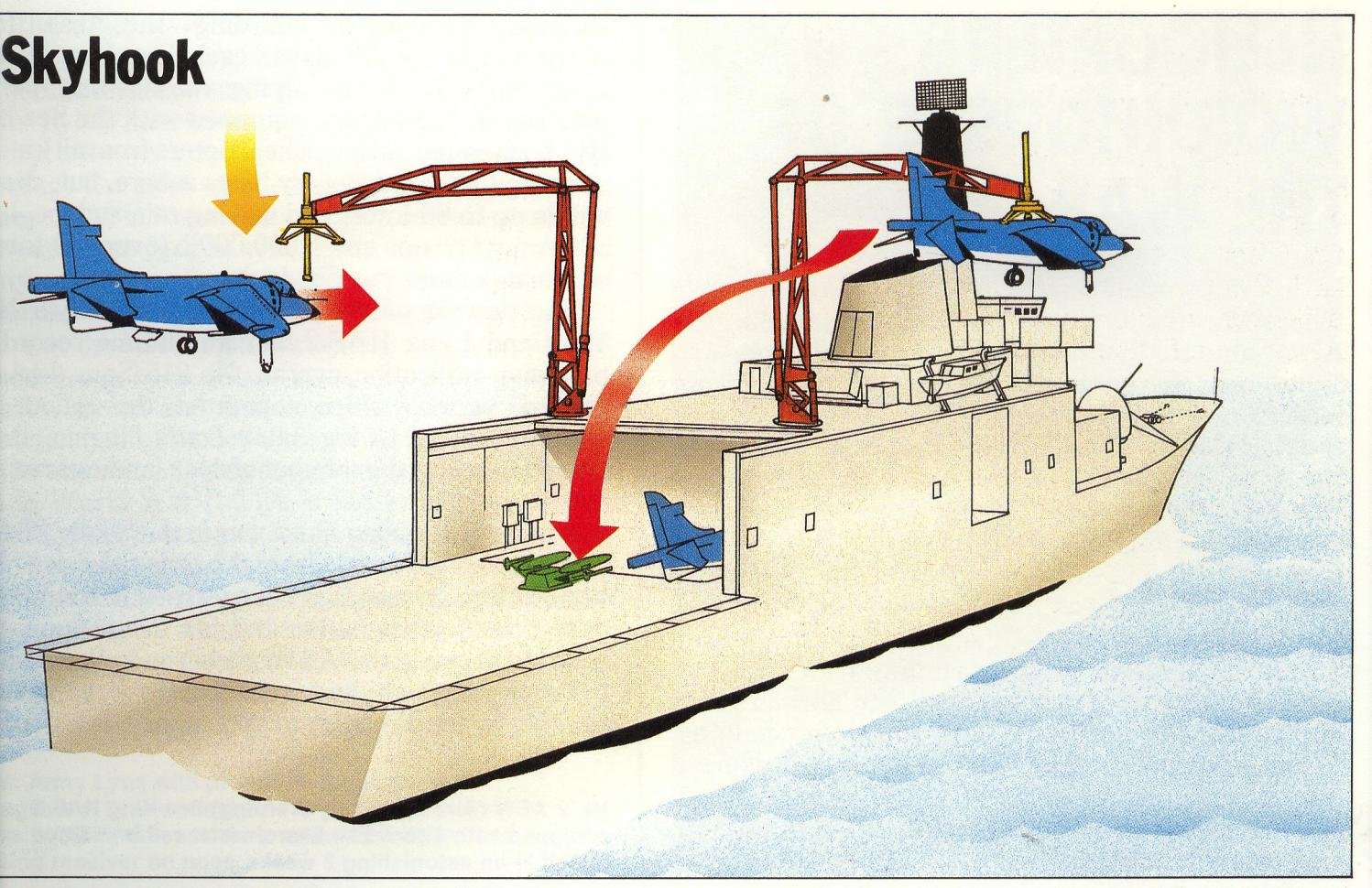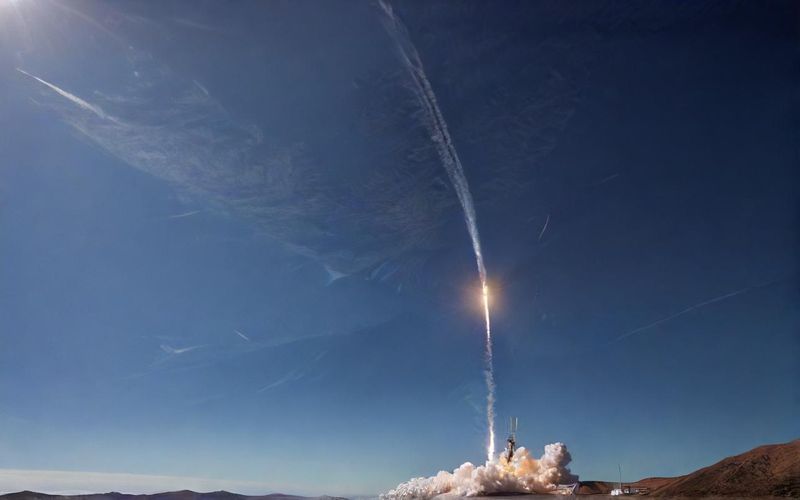Space Force's Orbital Carrier: Rapid Space Response

The United States Space Force is pushing the boundaries of space technology with a groundbreaking initiative: the development of an orbital aircraft carrier. This ambitious project, spearheaded by Seattle-based aerospace startup Gravitics, has received a $60 million contract from the Space Force's SpaceWERX accelerator. The goal is to create a platform in orbit capable of rapidly deploying multiple maneuverable space vehicles.
This orbital carrier, envisioned as a pre-positioned launchpad, aims to significantly enhance the Space Force's response time to threats in space. Currently, responding to threats against US satellites might take months; the orbital carrier aims to reduce this to a matter of hours. This increased agility is crucial in an increasingly contested space domain, where adversaries like China and Russia are suspected of engaging in activities such as "dogfighting in space," using lasers to dazzle satellites, jamming radio frequencies, and launching cyberattacks.
Gravitics CEO Colin Doughan described the project as a "game-changer," highlighting its ability to bypass traditional launch constraints and enable on-demand deployment. The platform would house satellites and other space vehicles, offering protection from the harsh space environment and potentially concealing them from adversaries. The ability to quickly deploy countermeasures, repair damaged satellites, or launch replacements directly from orbit represents a major leap forward in space-based defense capabilities.
The initiative reflects the Space Force’s growing focus on rapid response and defensive measures in space. A Space Force general described the current situation as a potential “dogfight in space,” underscoring the need for improved capabilities to counter potential threats. While the initial $60 million investment is only the beginning, the long-term cost will likely be significantly higher. Furthermore, the project faces challenges such as the complexity of launching and assembling the carrier in space, and the development of a sophisticated ground control system. Despite these hurdles, the Space Force remains committed to developing this potentially transformative technology for enhancing national security in the space domain. The project's success would represent a substantial shift in the dynamics of space-based operations and defense.









